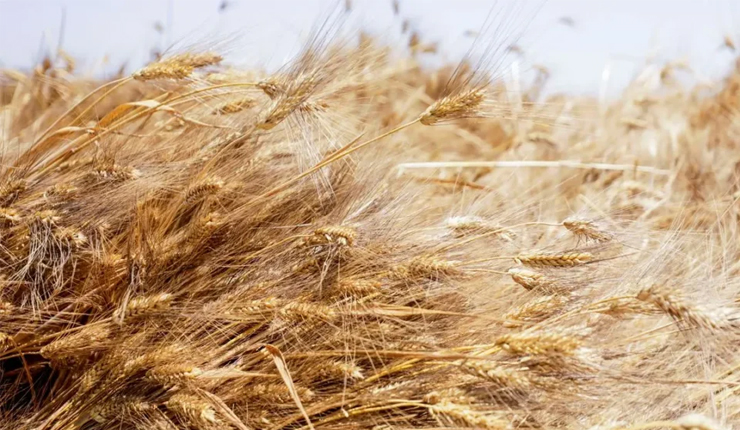Egypt increased local wheat procurement price to 2,200 Egyptian pounds per ardeb (150kg)—about 25 per cent above the global average—encouraging farmers to expand cultivation and achieve self-sufficiency, as per a Cabinet statement on Sunday.
Egypt’s Ministry of Agriculture is intensifying efforts to raise wheat productivity by expanding basin cultivation, adopting high-quality new varieties, and providing technical guidance services, according to Fitch Solutions.
The US Department of Agriculture further clarified that the Egyptian government’s purchase of wheat at elevated prices served as an incentive for farmers to expand the wheat cultivation areas.
Local wheat production has seen a 7.5 per cent increase, reaching 9.3 million tons in 2014 and 9.8 million tons in 2021. It is projected to reach 10 million tons in 2024, the statement added.
Despite a population increase to 107.2 million in December 2024, wheat imports decreased by six per cent to 14 million tons in 2024, down from 14.9 million tons in 2014, due to effective management of the issue.
Meanwhile, imports had dropped to 11.1 million tons in 2021 due to the impact of COVID-19 on global supply chains, prompting the government to continue its proactive strategy to ensure wheat security.
In a move to secure a sustainable reserve, the number of wheat import sources has been doubled to 22 sources by 2024, compared to 15 sources in 2021 and 11 sources in 2014, the statement added.
The storage system also saw substantial growth, with the number of silos increasing to 81 in 2025 from 35 in 2014, effectively tripling storage capacity to 3.4 million tons, compared to 1.2 million tons in 2014.
The total cultivated wheat area reached 3.1 million feddans in the 2024/2025 season, while 2.2 million feddans have been reclaimed since 2014—most notably in New Delta, Sinai, and East Oweinat.
Attribution: Amwal Al Ghad English
Subediting: M. S. Salama


